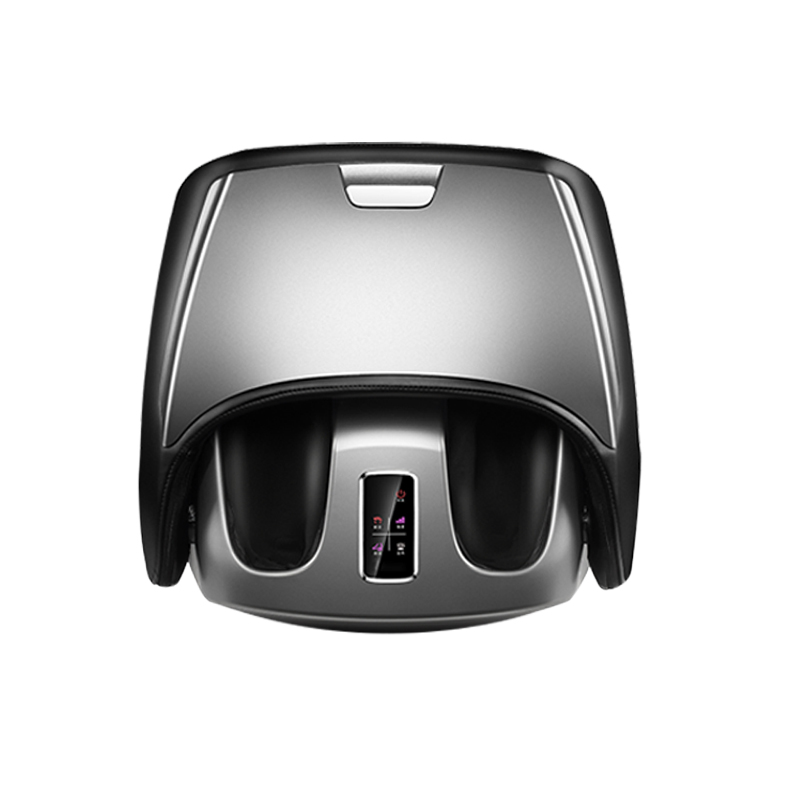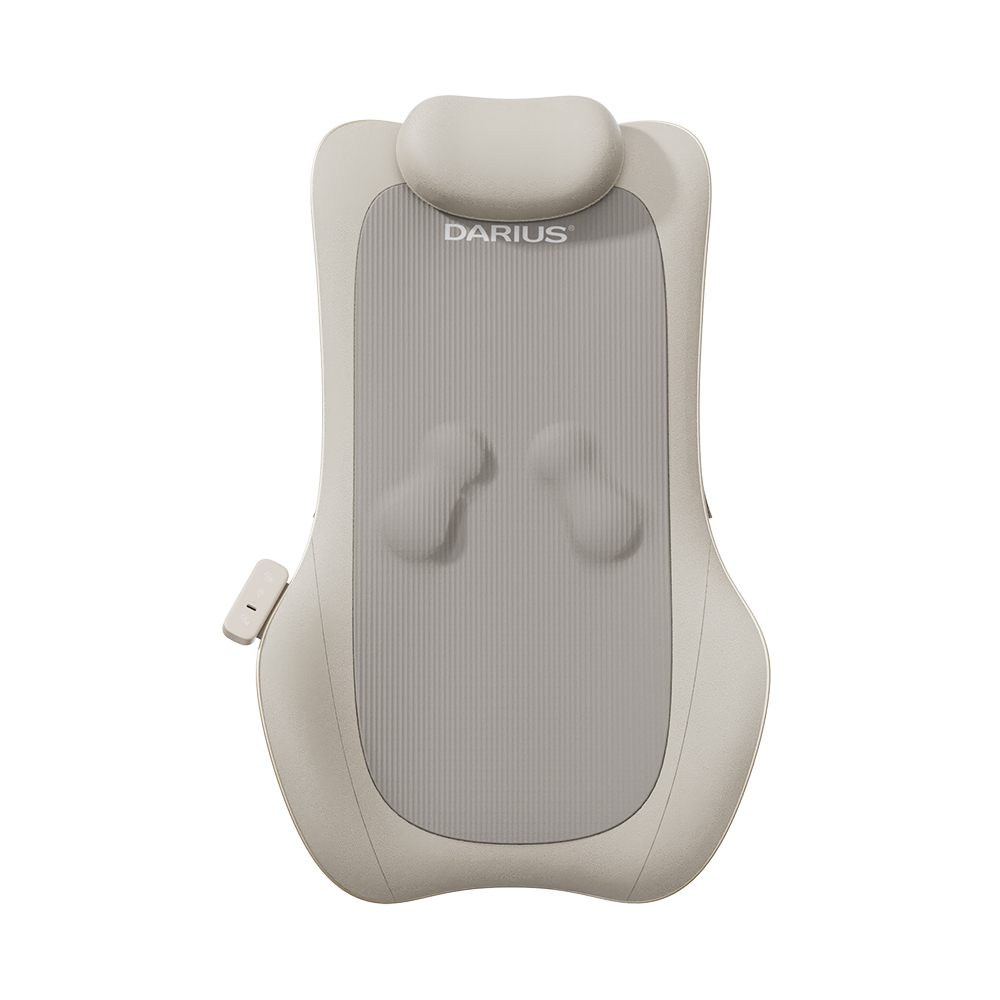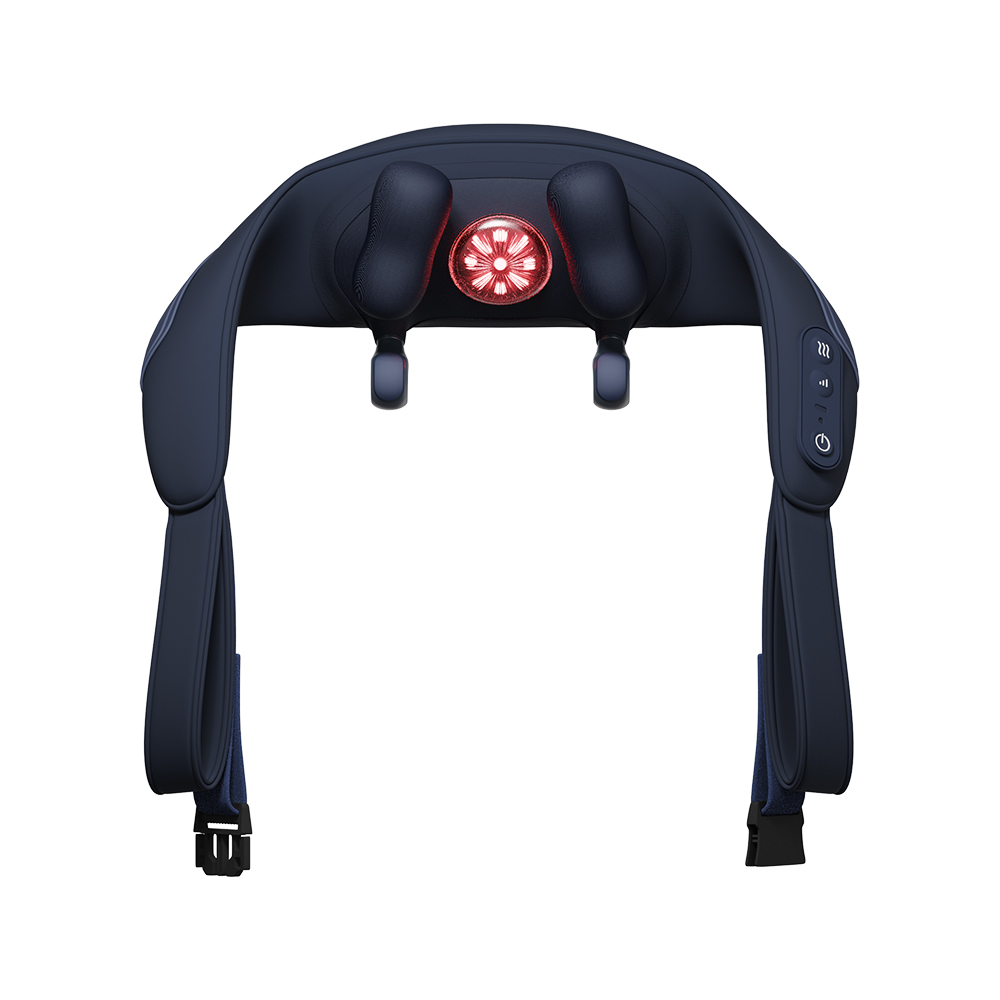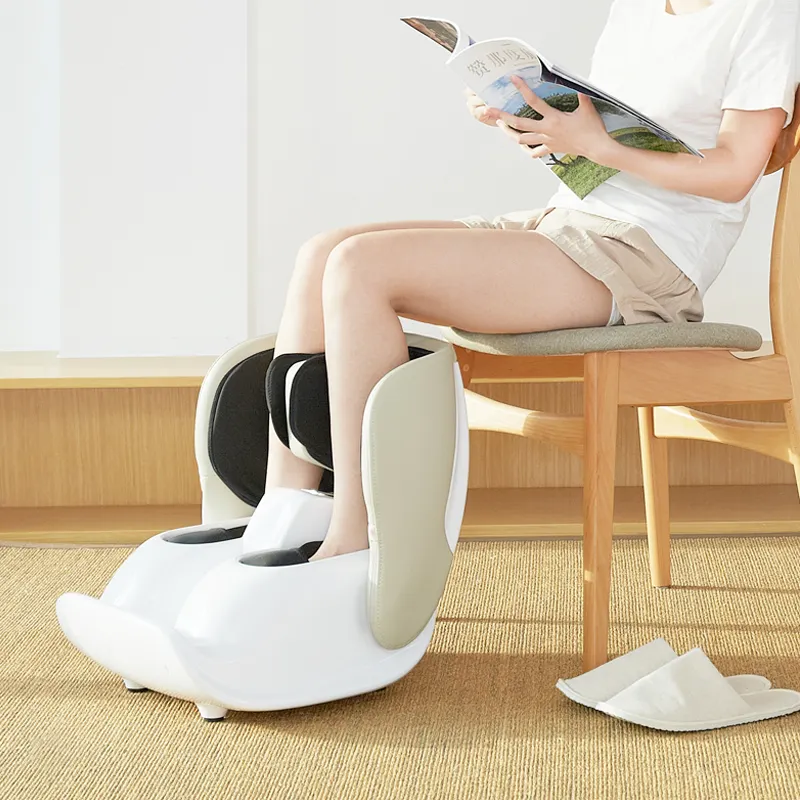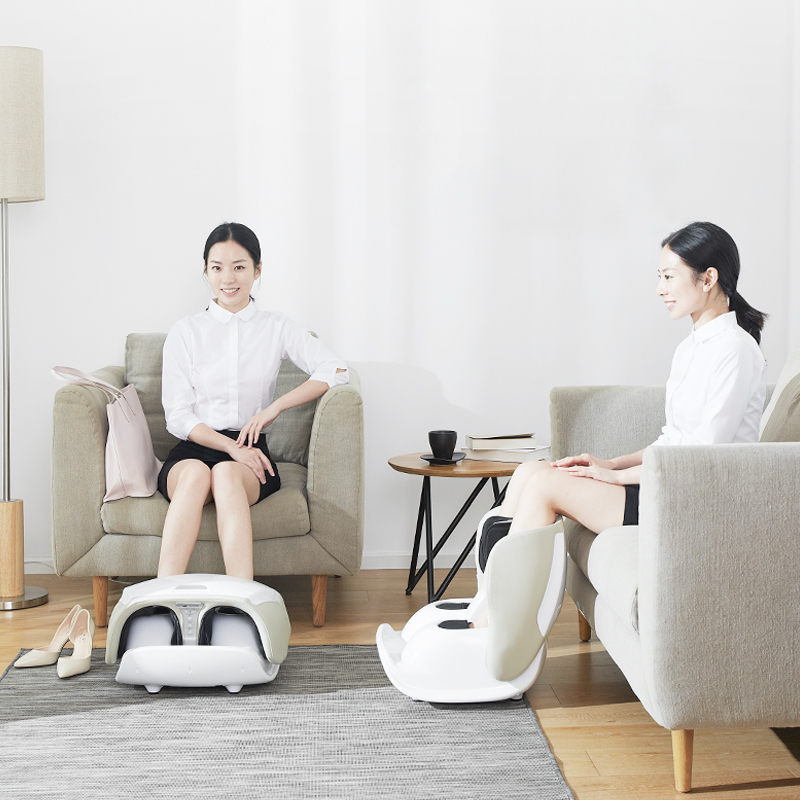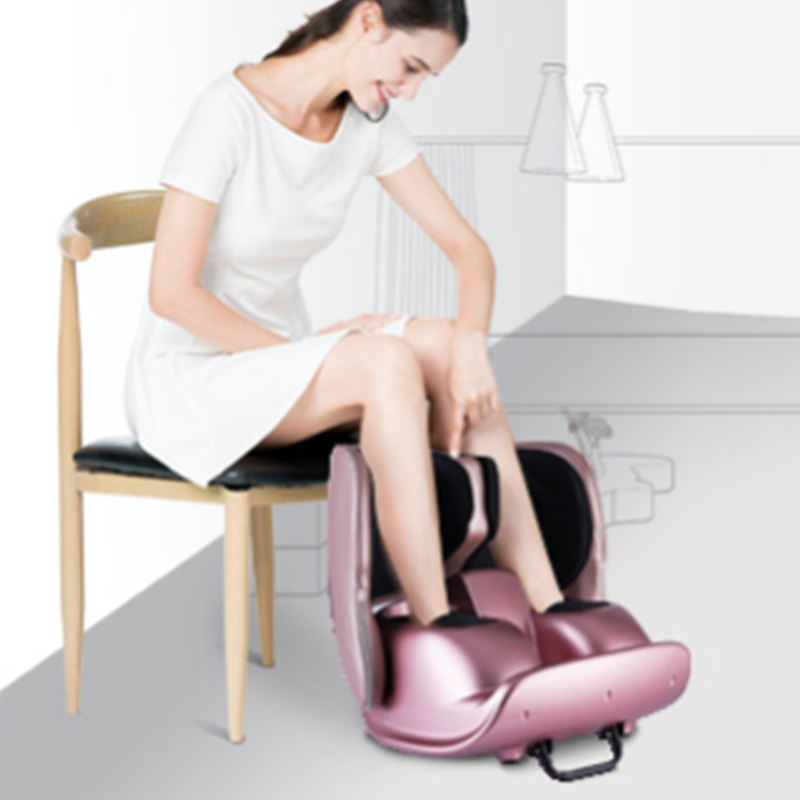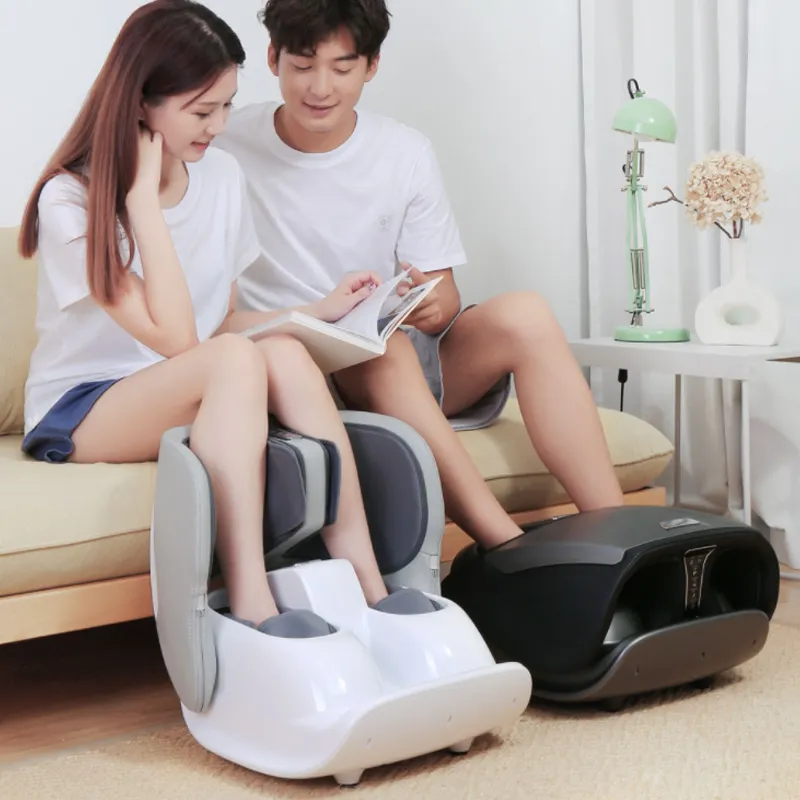How AI is Revolutionizing Self-Care Devices: The Dawn of Predictive Wellness
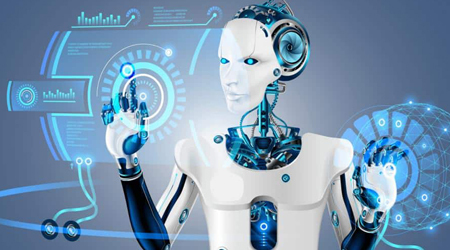
The global self-care tech market is projected to hit $1.2 trillion by 2030, driven by AI's ability to transform generic tools into anticipatory health partners. From adaptive LED masks to emotion-sensing wearables, artificial intelligence is redefining what's possible in personal wellness. Here's how innovators are pushing boundaries.
5 Cutting-Edge Applications of AI in Self-Care Technology
1. Skin Intelligence: Beyond Surface-Level Analysis
Next-gen devices like L'Oréal's Perso use:
- 3D facial mapping to assess 12 skin metrics (pores, wrinkles, UV damage)
- Environmental AI that cross-references local pollution/pollen data
- Formula-generating algorithms for personalized skincare serums
Result: 89% users report improved skin texture in 4 weeks versus generic products.
2. Mental Wellness Forecasting
Devices like Muse S Headband now:
- Detect stress patterns through EEG and heart rate variability
- Predict anxiety episodes 45 minutes before onset
- Auto-activate calming protocols (binaural beats, breathing guides)
3. Adaptive Fitness Equipment
AI reshapes home workouts with:
| Device | Innovation |
|---|---|
| Tonal Smart Gym | Adjusts resistance mid-rep based on muscle fatigue AI analysis |
| Peloton Guide | Uses motion tracking to correct form in real-time |
4. Sleep Optimization Ecosystems
Eight Sleep's Pod 3 Mattress demonstrates:
- Temperature adjustments based on sleep stage predictions
- Snore detection triggering gentle elevation changes
- Morning wake-up cycles synced with REM patterns
5. Nutrition Personalization Engines
Startups like Nourished combine:
- DNA analysis with microbiome testing
- AI that factors in 57 dietary restrictions/allergies
- 3D-printed vitamin stacks updated monthly
The Data Behind the Revolution
◉ 72% of consumers pay 20%+ premium for AI-personalized self-care tools (McKinsey 2023)
◉ Devices with predictive capabilities show 3.1x higher retention rates
◉ AI-driven diagnostics reduce skincare mistakes by 68%
Implementation Challenges & Solutions
Lesson from Foreo's Luna 4 Launch
The skincare giant overcame AI adoption hurdles by:
- Using federated learning to protect user skin data
- Partnering with dermatologists to train algorithms on 100k+ skin profiles
- Offering modular upgrades to keep older devices relevant













